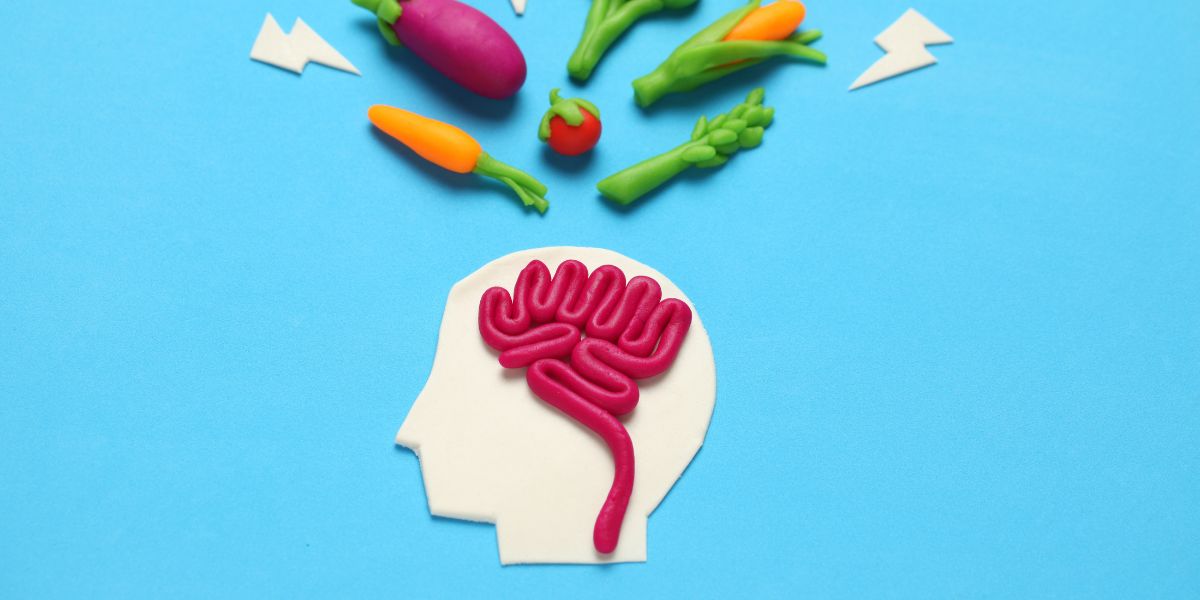Massage therapy can have several relaxing effects on the body, some of which could be particularly useful for people with diabetes.
Studies have shown that massage therapy may help lower anxiety, stress and possibly blood pressure, all of which can increase your well-being.
Note that massage therapy should not replace any medications you are taking for these conditions.
If you are considering massage therapy for health reasons, it is advisable to consult your doctor first.
Types of massage therapy
Different types of massage therapy include:
- Swedish massage – also known as classic massage
- Thai massage – combines acupressure techniques with yoga poses
- Reflexology – involves applying pressure to the feet
- Shiatsu massage – massage is provided by specialist machines
These each work in different ways and will therefore have different benefits and precautions to consider.
Massage therapy benefits
Massage therapy is known to have benefits on lowering anxiety and stress and the effects are likely to extend to people with diabetes to some extent.
Stress is known to negatively affect diabetes control and therefore reductions in stress may result in improved blood glucose levels. However, there have been no well-run studies to show whether this applies in practice. [315] [316]
Massage may also help lower blood pressure, however, there is a lack of good quality studies to confirm this. [317]
There is some evidence that indicates that massage may improve glucose levels in children with type 1 diabetes but again more research is this needed in this area to confirm. [318] [319]
Massage therapy and diabetic neuropathy
Whilst research into massage for neuropathy treatment is scarce, one study from 1973 showed potential for massage to relieve symptoms of diabetic neuropathy
The study used a mechanical leg massage technique called syncardial massage. This involves wearing an inflatable cuff, similar to the cuffs used for taking blood pressure. The cuff was worn on the legs and delivers waves of pressure which is thought to aid blood flow.
The majority of participants noted improvement in symptoms, however, the trial was not randomly controlled and therefore researchers cannot rule out that the benefits may have been a placebo effect.
Precautions
A review from 2001, by Ezzo et al. noted that massage may present some risks if care is not taken by the masseuse (the practitioner giving the massage).
In people on insulin, massage may increase the risk of hypoglycemia (too low blood sugar).
In people with neuropathy, the masseuse should know the correct ways to apply pressure so as not to damage blood vessels and tissues. [318]









